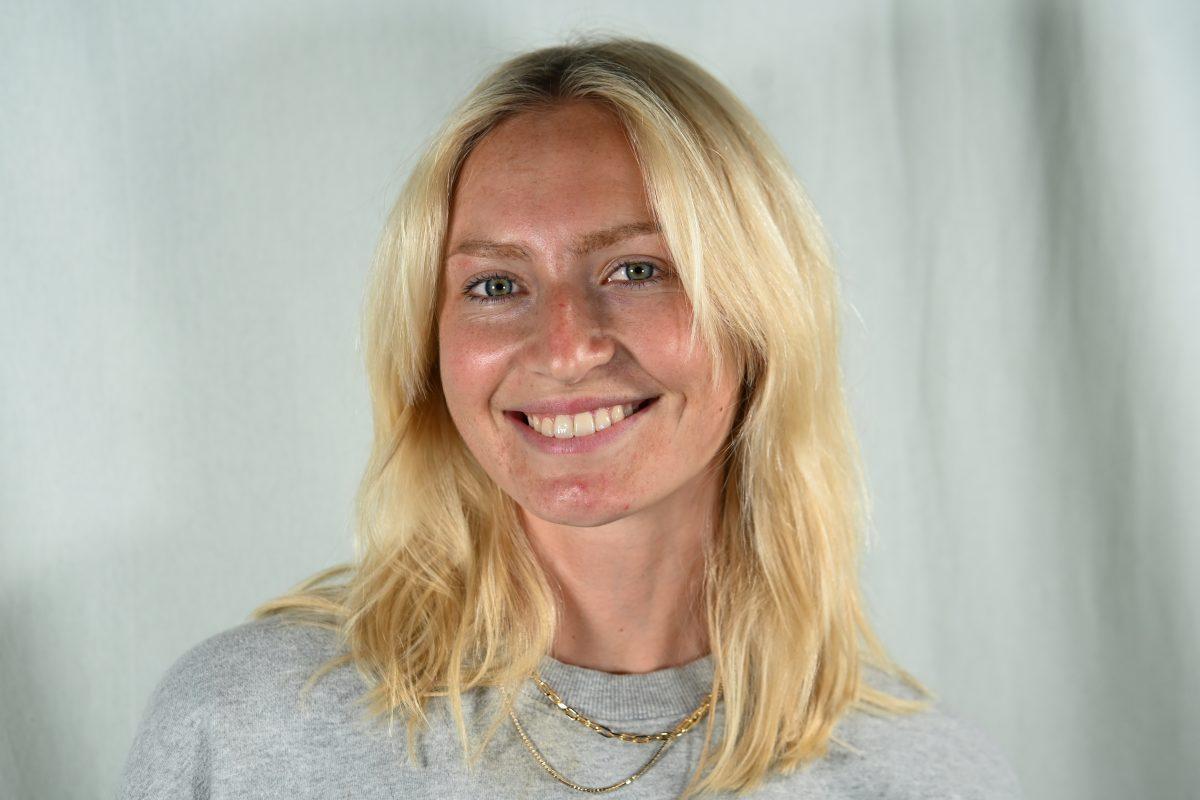In 2018, Taylor Swift posted an Instagram story urging her followers, 112 million people during that time to be exact, to register to vote. In the 24 hours following this post, the site she shared added 65,000 new voter registrations. There were a total of 250,000 new registrants after 72 hours. When you think about celebrities urging their fan bases to vote, Taylor Swift is one of the first names you probably think of.
For the coming and past presidential elections, other celebrities like Billie Eilish, Kylie Jenner, Ariana Grande and plenty of others use their immense popularity and platforms to urge voters to hit the polls. Megan Thee Stallion and Quavo have even performed at recent rallies in favor of Kamala Harris, bringing crowds in attendance.
Celebrities have been intervening, promoting and contributing to political conversations for over 100 years, going back to the 1920 election.
Entertainer Al Jolson led a march supporting Warren G. Harding, who ended up winning the election that year. Celebrities are an unparalleled force when it comes to influencing people — especially young people. What we wear, what we talk about and what we like are all things that your favorite artists have power over, whether you realize it or not.
It’s hard not to assume that the politicians running for office aren’t purely latching on to these celebrities’ star power and significance in people, young and old. Campaigns search far and wide to jockey endorsements, but when does it reach a point where these endorsements catch people off guard, out of lust for a celebrity that doesn’t care or even know about their well-being as a normal citizen of the country?
Frankly, it’s inappropriate for celebrities with such influence to use their platforms like this because of how out of touch with reality they are compared to working-class citizens.
When you turn 18, the United States does not register you to vote automatically. Gen Z and Millennials, who will make up the majority of potential voters by the election in 2028, are an important group of people who should be educated on voting. This includes how to vote and register, when the deadlines are and even how to ask questions about candidates and research their options thoroughly.
However, when surveyed about their knowledge of voting, less than half of all voters aged 18-29, as well as likely voters and possible voters, felt that their high school education taught them when voting deadlines were, how to research candidates and how to request and submit ballots.
Celebrities should not be where we turn to gain inspiration to vote and should not be these godly figures we base our political opinions on.
Right now, the world is in a vulnerable state, and societal issues feel embedded into our reality. Grocery prices are skyrocketing, wages are dropping and social classes are historically harder to climb.
In 2024, prospective homeowners would have to earn at least $106,000 to buy a standard home in the United States — an 80% increase since 2020. It is apparent how heavily the upper classes are protected and how little valued lower-class Americans are.
The top 1% of the socioeconomic class is filled with celebrities endorsing their political party, but they are not the ones being largely affected by the election. Their gestures are ignorant and egotistical, a phenomenon that pervades celebrity culture. They believe that those struggling to get by can truly be helped by a video on the internet and people’s romanticism or superhuman-esque views of their favorite celebrities, like during the COVID-19 peak in 2020.
Voting should be something that people want to do, and they should educate themselves on who they should vote for without celebrity endorsement and convincing.
You should not believe every word your favorite actor or musician says online, especially when their social media pages are curated to a tee by their public relations teams, crafted to get the most traction and deeply inspected for cancelable notions.
The unfortunate reality is that we live in a two-party system that limits nuanced conversations about politics, so it’s hard to voice your opinions about certain policies without having to align yourself with a side. People should see their role models clarifying the direction of the discussions, not as a high god from which to base their decisions.
If you’re going to preach about thinking critically and being a well-researched voter, learn to make your own decisions and look beyond everything your favorite icons and media outlets tell you. Know the platforms these well-known names have, and think carefully about who your influences are.














